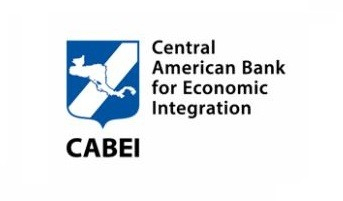S. Korea, Central American development bank to expand joint loan facility
By YonhapPublished : July 11, 2022 - 10:54

South Korea's finance ministry and the Central American Bank for Economic Integration (CABEI), a regional development bank, agreed Monday to expand their joint loan program in a bid to bolster cooperation.
The agreement calls for raising the ceiling of the joint loan facility by $200 million to $340 million, and extending its operation by three years until January 2025, according to the finance ministry.
The deal was reached as CABEI opened its office in Seoul in an effort to bolster ties with Asia's fourth-largest economy.
South Korea will provide support via the Economic Development Cooperation Fund (EDCF), the low-rate loan program launched in 1987 to support economic and social infrastructure projects in developing countries.
South Korea and Central American nations jointly develop cooperative projects in various areas, including climate change and IT, and share business costs. CABEI is in charge of implementing and managing the projects.
So far, a total of $260 million in loans has been provided through the program to assist five infrastructure projects in the region.
The Korean government hopes the EDCF-CABEI loan program will lay the groundwork for supporting infrastructure development in Central America, according to First Vice Finance Minister Bang Ki-sun.
CABEI was established in 1960 as a multilateral development bank to help invest in balanced development and support economic integration in Central America.
South Korea joined CABEI in January 2020, becoming one of its seven non-regional member countries. The lender has eight regional member states, including El Salvador and Nicaragua. (Yonhap)








![[Kim Seong-kon] Democracy and the future of South Korea](http://res.heraldm.com/phpwas/restmb_idxmake.php?idx=644&simg=/content/image/2024/04/16/20240416050802_0.jpg&u=)








![[KH Explains] Hyundai's full hybrid edge to pay off amid slow transition to pure EVs](http://res.heraldm.com/phpwas/restmb_idxmake.php?idx=652&simg=/content/image/2024/04/18/20240418050645_0.jpg&u=20240418181020)

![[Today’s K-pop] Zico drops snippet of collaboration with Jennie](http://res.heraldm.com/phpwas/restmb_idxmake.php?idx=642&simg=/content/image/2024/04/18/20240418050702_0.jpg&u=)